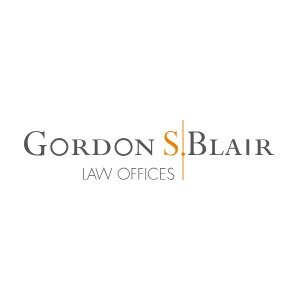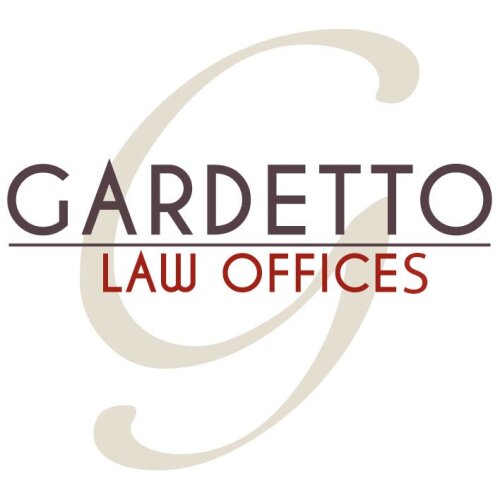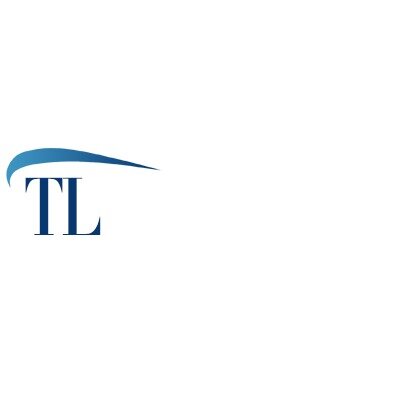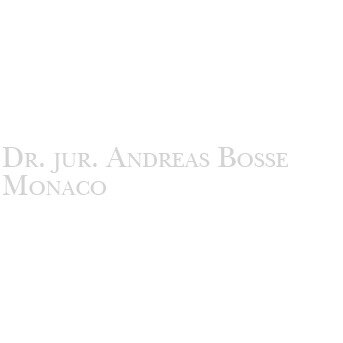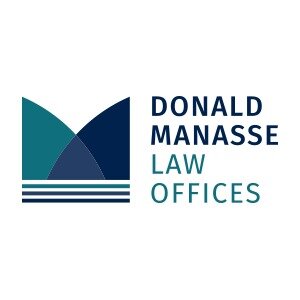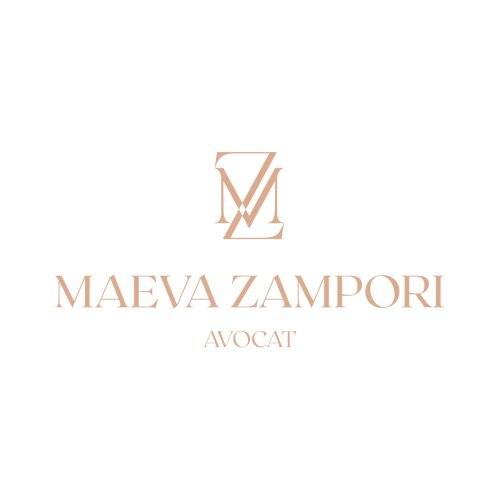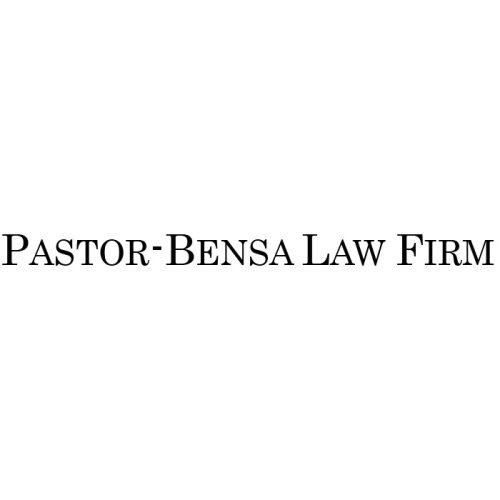Best Sanctions & Export Controls Lawyers in Monaco
Share your needs with us, get contacted by law firms.
Free. Takes 2 min.
List of the best lawyers in Monaco, Monaco
About Sanctions & Export Controls Law in Monaco, Monaco
Monaco is a sovereign city-state known for its stable legal and financial environment. As a result of its geographical location and international ties, Monaco has developed its own framework for sanctions and export controls. Sanctions refer to restrictive measures imposed on individuals, organizations, or countries, generally for political or security reasons. Export controls regulate the movement of goods, technologies, and services across borders, based on safety, security, and compliance with international obligations.
Monaco enforces its own laws but also aligns closely with European Union and United Nations sanctions regimes due to its proximity to France and reliance on international banking and trade networks. Compliance with these rules is crucial for businesses and individuals dealing in cross-border activities, international trade, banking, or investment sectors linked to Monaco.
Why You May Need a Lawyer
Navigating sanctions and export controls can be complex. Legal advice is often needed in several situations:
- You are involved in international trade and need to ensure products or technologies comply with local and international export control regulations.
- You have been notified of an investigation or enforcement action related to sanctions.
- Your company handles dual-use goods or sensitive technologies subject to restrictions.
- You conduct financial transactions with individuals or countries under international sanction.
- You need guidance on licensing, permits, or documentation to export controlled goods.
- You require clarity on recent changes in European Union or United Nations sanctions affecting Monaco-based operations.
- You are developing compliance programs for your Monaco-based business.
In these and similar situations, an experienced lawyer can help interpret legal obligations, structure compliant transactions, defend against allegations, or communicate with regulatory authorities.
Local Laws Overview
Monaco has established legal frameworks that address both international sanctions and export controls. Key aspects include:
- Alignment with International Sanctions: Monaco generally adopts United Nations and European Union sanctions. French authorities transmit EU regulations directly, and local laws implement and enforce these within Monaco’s territory.
- Export Control Regulations: Certain goods and technologies, especially those considered dual-use (civil and military applications), are regulated. Licenses are required for export, transshipment, or transfer out of Monaco.
- Financial Sanctions: The financial sector in Monaco must observe strict 'Know Your Customer' and due diligence procedures to prevent dealing with sanctioned parties. Authorities scrutinize transactions for compliance with fines and asset freezing provisions.
- Enforcement: Violating sanctions or export controls can result in significant penalties, including fines, imprisonment, or both. Authorities can seize assets or prohibit business operations pending investigation.
- International Cooperation: Monaco works closely with French and international regulatory agencies to detect and deter sanction violations or illegal exports.
Staying updated and compliant with these laws is crucial to avoid severe legal consequences and safeguard business integrity.
Frequently Asked Questions
What are sanctions and export controls?
Sanctions are legal restrictions against certain individuals, entities, or countries for political, security, or policy reasons. Export controls are regulations that manage the cross-border transfer of certain goods, technologies, or services, often for security or trade protection reasons.
Do Monaco residents and businesses have to follow EU and UN sanctions?
Yes, Monaco implements most EU and UN sanctions through local legislation and administrative procedures, especially due to its close relationship with France and the EU.
What goods are subject to export controls in Monaco?
Typically, export controls apply to weapons, military-grade equipment, dual-use technologies, nuclear materials, and items listed under international or EU regulations. Sensitive financial transactions may also be regulated.
How do I know if my business is affected by sanctions or export controls?
If your business involves international transactions, trade, or technology transfers, especially with European Union or United Nations-listed countries or entities, you are likely subject to these laws. Legal advice or compliance checks are recommended.
What are the penalties for non-compliance in Monaco?
Penalties can include substantial fines, criminal prosecution, freezing of assets, or suspension of business licenses. Reputational consequences may also follow, affecting banking or trade relationships.
Can individuals be held liable for violating sanctions or export controls?
Yes, both individuals and corporate entities can be prosecuted and held liable in case of violations, depending on the circumstances and intent behind the infraction.
How does Monaco enforce sanctions and export controls?
Monaco enforces these measures through government agencies, often in cooperation with French and foreign authorities. The government monitors transactions, investigations, and compliance frameworks.
Do I need a license or permit to export controlled goods from Monaco?
Yes, in most cases, exporting controlled goods requires prior authorization or licensing. Specific application procedures and requirements depend on the category of goods and end destinations.
Are there exceptions or waivers for certain transactions?
Some exceptions exist for humanitarian, medical, or diplomatic purposes, but these are strictly regulated and require formal documentation and approval.
Where can I get advice or help if I am unsure about compliance?
You should consult a qualified lawyer specializing in sanctions and export controls. Additionally, certain government departments in Monaco provide guidance on applicable regulations and compliance requirements.
Additional Resources
When seeking more information or support, consider turning to these resources:
- Monaco Government - Department of Finance and Economy: Responsible for oversight of financial and trade activities, including implementation of sanctions.
- Service de l’Emploi, du Travail et du Commerce Extérieur (Employment, Labour and Foreign Trade Service): Handles export licensing and permits for regulated goods and services.
- Monaco Financial Intelligence Unit (SICCFIN): Monitors financial transactions related to anti-money laundering and terrorism financing, including the enforcement of financial sanctions.
- French and European Union Authorities: Monaco often works in alignment with French and EU frameworks. Guidance and updates can usually be found through relevant regulatory body publications and advisories.
- Professional Legal Associations in Monaco: Can assist with referrals to specialized lawyers or compliance consultants.
Next Steps
If you believe you or your business may be affected by sanctions or export controls in Monaco, it is important to act promptly:
- Document any interactions, transactions, or potential issues related to regulated goods, services, or financial activities.
- Contact a lawyer with expertise in international trade, sanctions, or export controls law for a confidential assessment of your situation.
- Prepare any contracts, correspondence, or compliance manuals you may have for your lawyer’s review.
- Reach out to relevant government departments for up-to-date procedures and requirements for licensing or compliance.
- Stay informed about updates to regulations, as sanctions lists or export controls can change quickly in response to international events.
Dealing with sanctions and export controls involves complex and frequently changing legal requirements. Professional support will help ensure that you remain compliant, avoid penalties, and protect your business interests in Monaco and abroad.
Lawzana helps you find the best lawyers and law firms in Monaco through a curated and pre-screened list of qualified legal professionals. Our platform offers rankings and detailed profiles of attorneys and law firms, allowing you to compare based on practice areas, including Sanctions & Export Controls, experience, and client feedback.
Each profile includes a description of the firm's areas of practice, client reviews, team members and partners, year of establishment, spoken languages, office locations, contact information, social media presence, and any published articles or resources. Most firms on our platform speak English and are experienced in both local and international legal matters.
Get a quote from top-rated law firms in Monaco, Monaco — quickly, securely, and without unnecessary hassle.
Disclaimer:
The information provided on this page is for general informational purposes only and does not constitute legal advice. While we strive to ensure the accuracy and relevance of the content, legal information may change over time, and interpretations of the law can vary. You should always consult with a qualified legal professional for advice specific to your situation.
We disclaim all liability for actions taken or not taken based on the content of this page. If you believe any information is incorrect or outdated, please contact us, and we will review and update it where appropriate.



